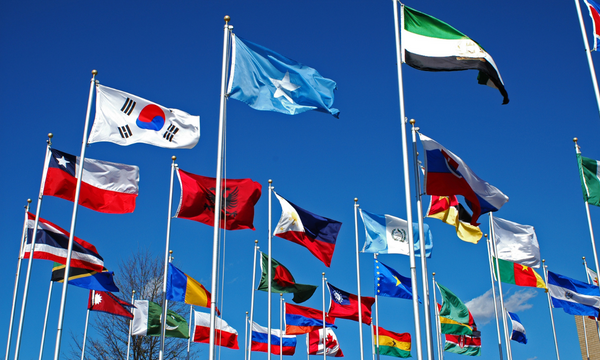
The Challenges and Opportunities of Economic Diplomacy in the 21st Century


In the 21st century, economic diplomacy has become an increasingly important tool for promoting economic growth and international cooperation. Economic diplomacy involves the use of diplomatic channels to promote trade, investment, and other economic activities between countries. However, as with any form of diplomacy, there are both challenges and opportunities to be found in the field of economic diplomacy.
One of the main challenges of economic diplomacy is the complex and constantly evolving global economic landscape. Economic policies and conditions can change rapidly, and diplomats must be able to adapt to these changes in order to promote economic cooperation and growth. This requires a deep understanding of global economic trends and an ability to navigate complex economic systems and regulations.
Another challenge is the issue of economic inequality. Many countries are still struggling to achieve economic growth and development, and may face significant barriers to participating in global economic activities. Diplomats must be able to address these inequalities and work to promote economic opportunities for all countries, in order to promote long-term stability and prosperity.
Despite these challenges, there are also significant opportunities to be found in the field of economic diplomacy. As countries become increasingly interconnected, there is a growing need for cooperation and collaboration in the global economy. Economic diplomacy can be a powerful tool for promoting trade, investment, and other economic activities between countries, and for building strong relationships based on mutual economic interests.
Another opportunity is the potential for economic diplomacy to promote innovation and entrepreneurship. By fostering collaboration and knowledge-sharing between countries, economic diplomacy can help to spur innovation and create new economic opportunities for businesses and entrepreneurs around the world.
In order to take advantage of these opportunities, diplomats must be willing to think creatively and strategically about economic diplomacy. This may involve exploring new avenues for economic cooperation, such as investment in emerging industries or the promotion of sustainable economic practices. It may also involve building strong relationships with key economic partners and stakeholders, in order to promote long-term economic growth and stability.

